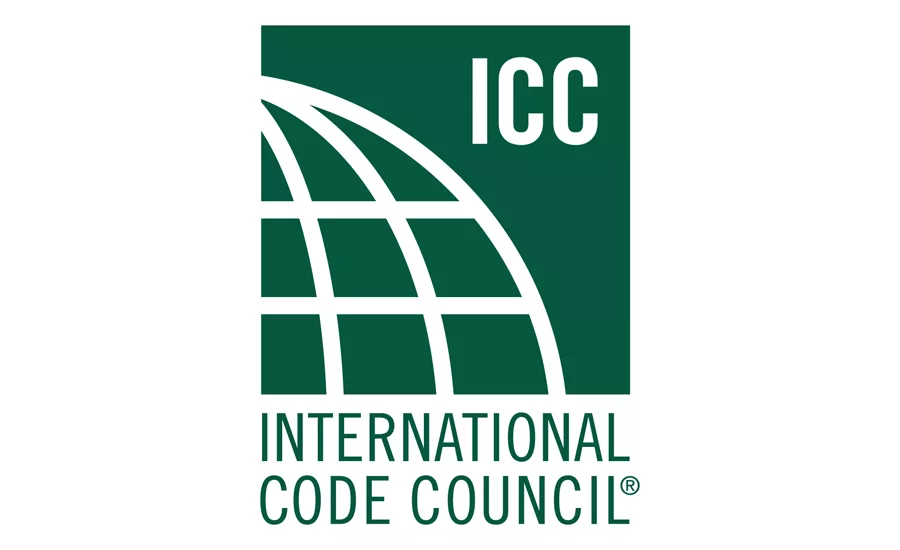ICC kicks off Building Safety Month 2020

On May 1, the International Code Council, its members and partners, launched the 40th annual Building Safety Month. Exploring the role building codes play in our day-to-day lives, including disaster mitigation, access to safe water, job opportunities in the building industry and innovations in building safety, this international campaign raises awareness about building safety and the importance of building codes in making our communities safer and more resilient.
To kick off this year’s campaign, the focus for week one is “Disaster Preparedness.” In recent years, natural disasters have increased in severity and frequency and devastated homes, businesses and communities. These disasters have affected the lives of millions of people and costs billions of dollars in damage. The Atlantic hurricane season begins June 1 and is predicted to be more active than normal.
With the current COVID-19 pandemic, the world is experiencing a different kind of disaster that has proven to be especially destructive. The U.S. Department of Homeland Security has determined construction and the code officials that regulate it to be essential to the nation’s response to the pandemic. With a duty to enforce important sanitation, ventilation and mechanical regulations, code officials have also been critical to ensuring healthcare centers are structurally sound and are adapting to the call for temporary healthcare facilities to create additional medical surge capacity. Building Safety Month recognizes that safety in the built environment is essential to maintaining public health and that a community’s ability to defend against such disasters as the coronavirus depends on the safety of the homes, buildings and infrastructure that serve its citizens.
Helping individuals and community leaders plan for events like hurricanes, floods, tornadoes, wildfires, earthquakes and pandemics will mitigate costly damages and save lives. Modern model building codes are crucial to ensuring the resilience of our structures and are some of most effective ways to prepare for disasters. Building codes not only does keep us safe, they also protect important community infrastructure investments. A recent study from the National Institute for Building Sciences found that municipalities that have adopted the 2018 International Codes save $11 for every $1 invested through earthquake, flood,and wind mitigation benefits, with a $4 to $1 wildfire mitigation benefit.
“Simpson Strong-Tie is dedicated to providing solutions that help people design and build safer, stronger structures,” said Jeff Ellis, engineering manager of Codes and Compliance for Simpson Strong-Tie, a Building Safety Month sponsor. “The Week 1 theme aligns very well with our mission, as we’ve performed and supported research and testing that shows that it does not cost much more to build better to reduce risk to lives and damage to buildings, but that it does cost significantly more to not build better.”
“The current pandemic has emphasized the need for our communities to improve the safety of their buildings and enhance their ability to withstand and recover quickly from disasters, disruptions and emergencies,” said Code Council CEO Dominic Sims, CBO. “I am honored to be celebrating our 40th annual Building Safety Month as it the perfect opportunity to recognize that our strength and protection depends on the safety of the buildings of which we spend the majority of our time, both in everyday life and in times of disaster.”
The Code Council will host four virtual events in the month of May focused on the Building Safety Month weekly themes. Week one’s virtual event, moderated by Code Council’s Vice President of Fire and Disaster Mitigation Activities Karl Fippinger, will provide insight on disaster preparedness from former FEMA Administrator Brock Long and other experts on Thursday, May 7, at 1 p.m. (ET). To register to the upcoming webinar, click here. Attendance is free and CEUs will be provided.
Learn more about Building Safety Month and how to get involved at www.buildingsafetymonth.org and join the conversation on social media using #BuildingSafety365.
Looking for a reprint of this article?
From high-res PDFs to custom plaques, order your copy today!







